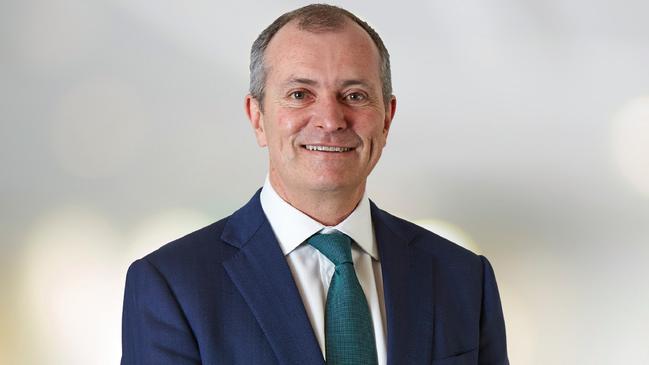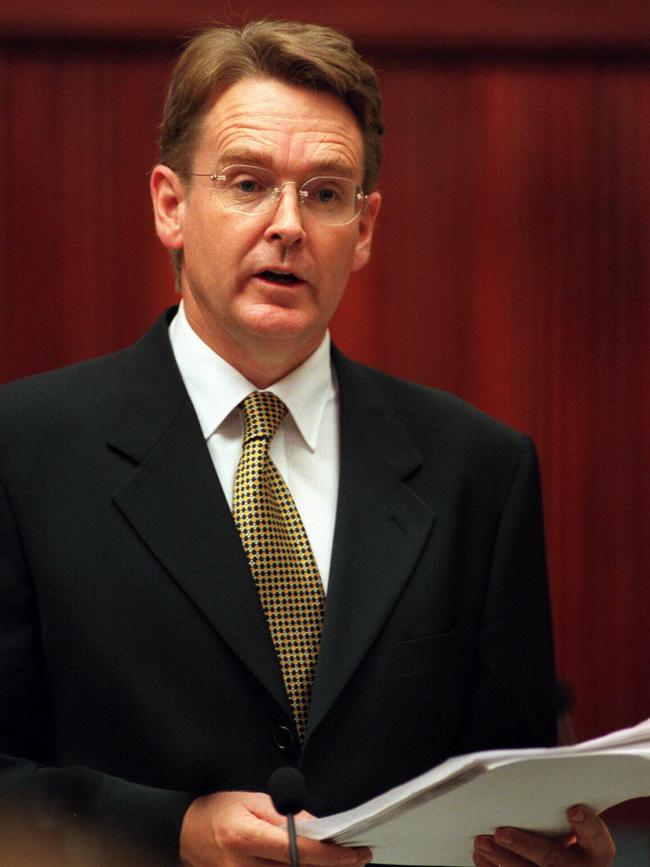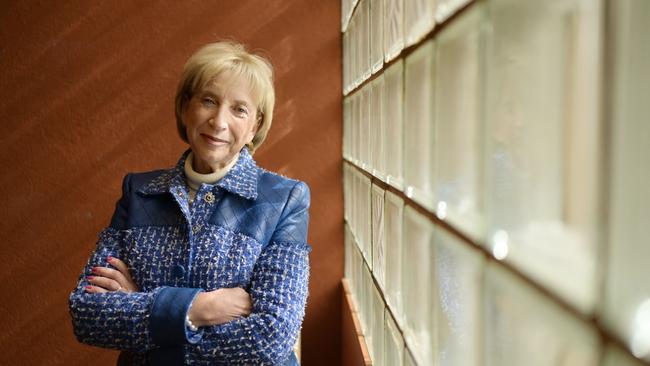Critical-minerals reserve for us gets some mining industry support despite no interest from Treasurer
The idea of a domestic critical-minerals reservation has some merit, mining executives have told an industry forum.
Mining leaders say Australia must decide how far down the critical-minerals chain the country is capable of working before considering any restrictions on the export of raw materials for processing offshore.
But the idea of a domestic minerals reservation received a surprisingly warm welcome at a mining forum in Perth on Wednesday, when senior executives from a range of companies suggested the idea could have merit – within limitations.
Last week federal Treasurer Jim Chalmers played down a suggestion from outgoing Australian Workers Union national secretary Dan Walton that the federal government should introduce a “significant, punitive” tax on the export of unprocessed critical materials such as lithium, cobalt and rare earths, in an attempt to mirror successful moves made by Indonesia to force more onshore processing.
Mr Chalmers told a Perth business breakfast the idea was not one that would be considered by the current government.
The idea of a domestic critical minerals reservation in some form received support from some mining leaders – but not all – at a separate business forum in Perth on Wednesday.
Iluka Resources chief executive Tom O’Leary has been outspoken on the need for Australia to use the booming demand for critical minerals to build an onshore mining and processing industry, and said Australia needed to pay attention to its past failures to extract more value from the steelmaking supply chain.

“The state agreements that we had in Western Australia for so long to facilitate developments in Western Australia focused on obligations on downstream activities,” he said.
“Some of them weren’t observed; in the iron ore industry for example – those have all pretty much lapsed now.”
Iluka is building a rare-earth refinery at its former Eneabba mineral sands mine in WA, backed by more than $1.2bn worth of federal government loans.
Mr O’Leary noted the company’s own state agreement covering the operation – signed in 1975 – included an agreement to build a refinery that had taken the company 47 years to accomplish.
But he said other mechanisms that had been used to ensure Australia benefits from its resources wealth could also be used to help build momentum for a local chemicals and refining sector.
“Western Australia has a very successful domestic gas industry, for example, and it’s the envy of the country,” he said.

“That sort of policy might be implemented by the federal government in saying that yes, you can develop this rare-earths deposit, but 75 per cent of it needs to be reserved for value addition in Australia and you can export the remaining 25 per cent.”
Speaking on the same panel, former WA premier Richard Court, who served as Australia’s ambassador to Japan for three years until 2020 – and has been a director of a number of mining companies – said states could encourage downstream processing through the use of differential royalty rates, as WA currently does, to encourage further downstream processing of minerals.

But Lynas Rare Earths managing director Amanda Lacaze said any such moves would not work unless state and federal governments first found ways to help local producers to become more competitive against large-scale and low-cost processing hubs in other parts of the world.
Lynas runs a rare-earth refinery in Malaysia, but is building a cracking and leaching plant in WA’s Kalgoorlie.
“Whatever it is that we sell into the global market needs to be competitive. I would rather – as I think most Australians would – process everything that we’ve got here in Australia, but I would be looking in the rear vision mirror at my career and my company if I do,” she said.
“The opportunity is in how governments set policy so that’s not the case.
“How do we create sufficient critical mass in our industry to be successful and to truly be a global player in the same way we are with iron ore?”






To join the conversation, please log in. Don't have an account? Register
Join the conversation, you are commenting as Logout